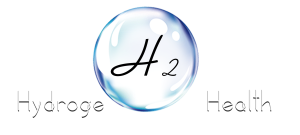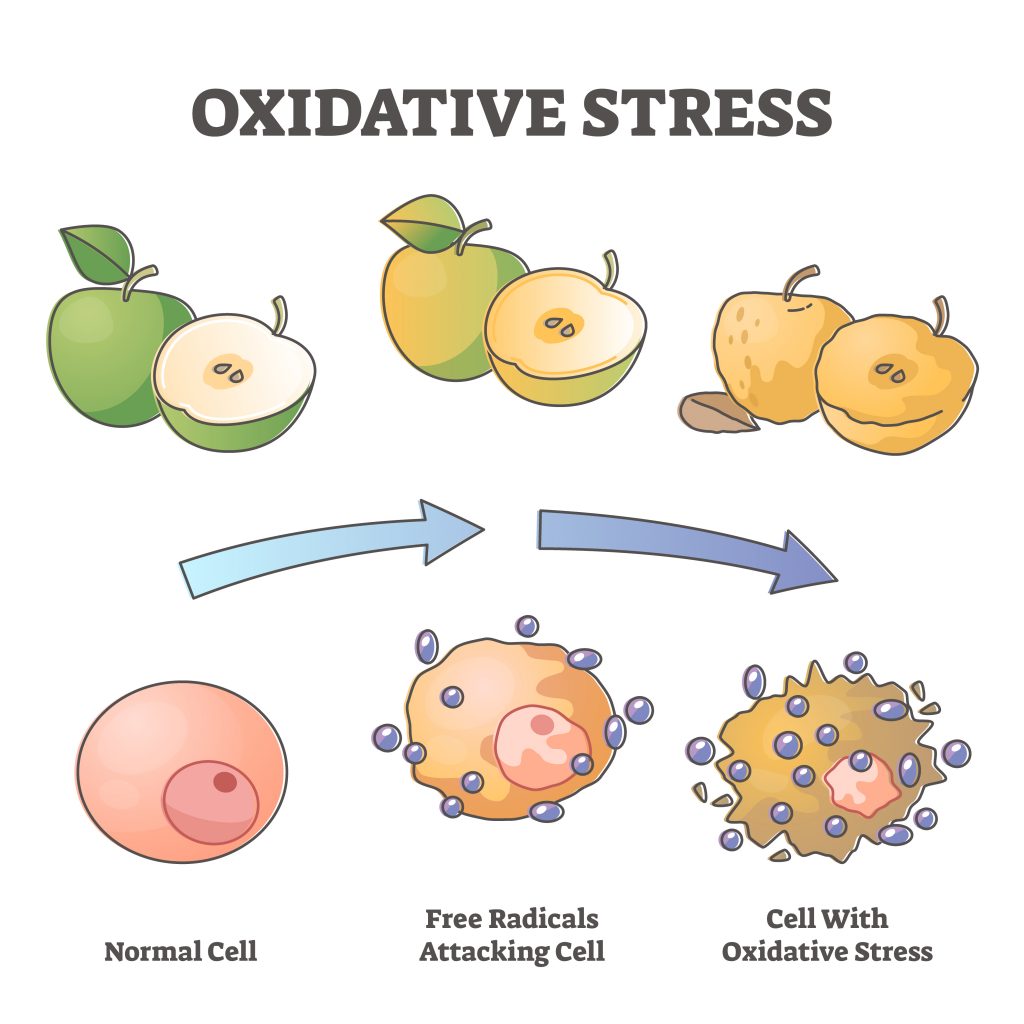Natural Healthy

Natural Healthy

Throughout much of human history, hydrogen was commonly regarded as a seemingly inert gas with limited medical significance. However, in a groundbreaking turning point in 2007, a group of pioneering researchers unveiled their discoveries in the prestigious medical journal Nature, shedding light on hydrogen's remarkable role as a distinctive and potent antioxidant within the human body.
In the years that followed, a wealth of scientific exploration emerged, with over 1,000 peer-reviewed studies attesting to the versatile applications of molecular hydrogen across more than 170 distinct physiological processes. These revelations have sparked a paradigm shift in our understanding of the therapeutic potential of hydrogen, ushering in a new era of possibilities for enhancing human health and well-being.

At the heart of this revolutionary discovery lies the concept of oxidative stress. In simple terms, oxidative stress is a destructive process that takes place when the body is overrun by free radicals, while lacking the necessary antioxidants to maintain equilibrium.
This oxidative stress wreaks havoc by damaging the body's cells, tissues, and proteins, leading to a gamut of discomfort and health issues. Enter molecular hydrogen (H2), a remarkable antioxidant with a distinct ability to specifically target the most pernicious free radicals. It's no wonder that H2 supplementation boasts a multitude of applications in optimizing the body's well-being.
Free radicals are atoms or molecules with unpaired electrons in their outermost electron shell. They are highly reactive and can cause damage to cells and biological molecules in the body. Free radicals can come from various sources, including:
It's important to note that free radicals are a normal part of the body's processes, and they play a role in various physiological functions, including immune response. However, an excessive buildup of free radicals can lead to oxidative stress, which is associated with various health issues. Antioxidants, which can neutralize free radicals, are essential for maintaining a healthy balance and reducing the potential harm caused by free radicals.
In our youthful and vibrant years, our bodies are finely tuned to generate a natural arsenal of antioxidants, ready to wage war against the insurgent free radicals and maintain a harmonious equilibrium.
But, alas, with the relentless march of time, our once-vigorous antioxidant production begins to wane. As our internal antioxidant defenses falter, free radicals seize the opportunity to unleash chaos within our bodies, even audaciously damaging our very DNA. In fact, the free radical theory of aging boldly posits that the relentless assault of free radicals is the primary biochemical catalyst propelling the aging process forward.
With each passing year, our internal defense mechanisms weaken further, allowing oxidative stress to accumulate unabated, paving the way for cellular damage, disease, and ultimately, the inevitable march towards mortality.
While it might seem like a straightforward solution to combat the effects of aging, but taking antioxidants as we age is a complex matter. Sometimes they help and sometimes they make things worse.
Their effects can be likened to antibiotics, which are not always selective in their targets and may indiscriminately neutralize any free radicals they encounter. The catch here is that, much like the bacteria in our bodies, free radicals come in both beneficial and harmful varieties.
The remarkable thing about hydrogen is its minuscule size, allowing it to effortlessly penetrate your cell's nucleus, where it exerts its influence at the genetic level.
Deep within the nucleus, hydrogen forms crucial bonds with the segments of your genes responsible for orchestrating your body's innate antioxidant defense mechanisms. In essence, it's like sending a signal to your cells, urging them to ramp up the production of your own natural antioxidants.
This means that not only does molecular hydrogen traverse your entire body, bravely battling the most menacing free radicals, but it also acts as a catalyst, enhancing your body's inherent capacity to generate additional antioxidants. It's a double victory for your well-being!
Beauty
Hydrogen Face Streamer Mask
Hydrogen Sprayer
Hydrogen Spa Machine
Hydrogen Shower